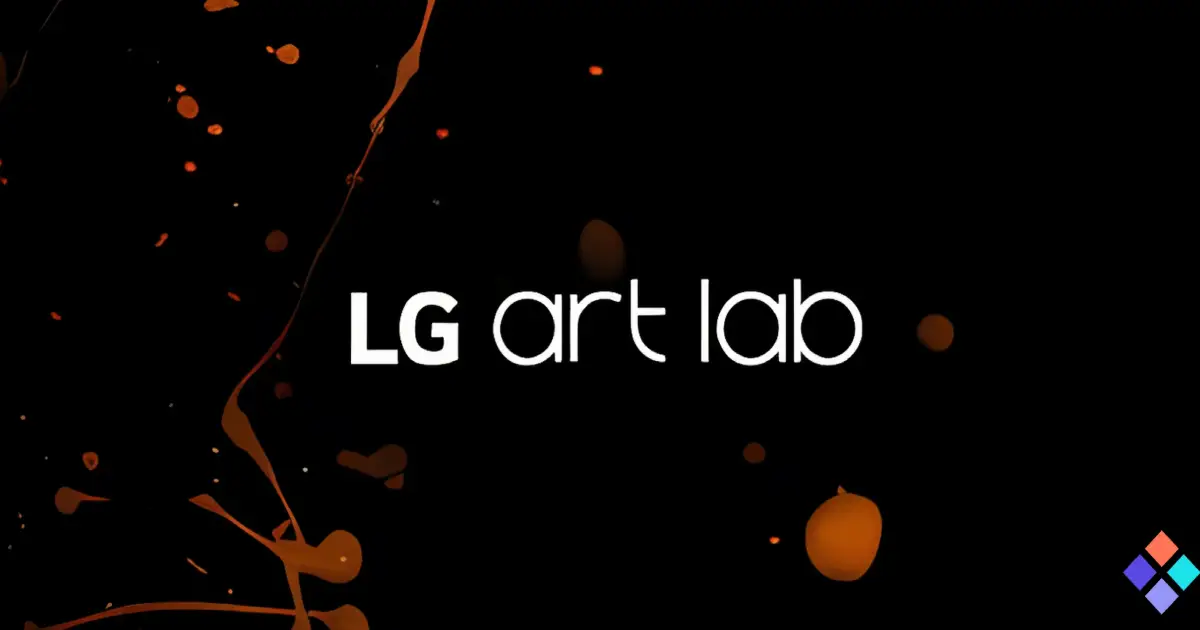When LG Electronics announced the closure of its NFT platform, LG Art Lab, it raised eyebrows across the tech industry. The initiative, launched in 2022 with a fanfare of innovation, allowed users to admire and purchase digital art directly through their LG smart TVs. However, what once seemed like a groundbreaking fusion of technology and art is now just another cautionary tale of hype overtaking reality. The abrupt shutdown, cited as a “strategic decision based on careful consideration,” emanates from a critically flawed understanding of the NFT landscape, which has come crashing down from its inflated heights, exposing just how illusory many tech trends can be.
Market Reality Check
The NFT bubble, which captivated audiences, artists, and investors alike in 2021, has been punctured by the harsh realities of consumer sentiment and market saturation. Many companies, including LG, seemed to underestimate how quickly public enthusiasm can wane, driven by rampant speculation and a populist notion that NFTs were the next big thing. In reality, the decline in trading volumes demonstrates that a majority of consumers were not genuinely interested in ownership of digital art; it was more about the spectacle and less about sustainable value. When LG decided to pivot away from NFTs, it signaled an alarming miscalculation of market resilience and consumer desire.
The Corporate Withdrawal
LG’s decision, veiled as a smart shift in focus, starkly reveals the fragility of corporate commitment to cutting-edge technologies. This lack of long-term vision and readiness to adapt to changing environments can be detrimental in our fast-evolving economy. LG’s choice not to disclose future projects raises further questions about the company’s priorities and strategies. Are they retreating from innovation altogether, or simply regrouping to chase the next fleeting trend? The failure to provide transparency undermines the confidence of consumers and stakeholders alike, creating an impression of uncertainty and disarray in what should be a pioneering company.
The Blockchain Paradox
Interestingly, LG mentions that customers will be able to retain their purchased NFTs, stored independently on the blockchain. Yet, this paradox only amplifies the conversation around blockchain technology’s purpose. If digital assets are to be genuinely owned and accessible, why depend on a third-party service to facilitate access? The very notion that an established technology giant like LG would pivot away from its own platform casts a shadow over the reliability of blockchain as a viable solution for digital ownership. It raises fundamental questions: What does it mean to “own” when the infrastructure can evaporate overnight, leaving consumers with little more than digital breadcrumbs?
The Future of Consumer Technology
As LG retreats from the NFT space, it should serve as a wake-up call for consumers and corporations alike to critically evaluate their investments. Choices made in the name of innovation must be grounded in reality, with a robust understanding of market dynamics and consumer psychology. While the allure of cutting-edge tech will always draw companies to try novel approaches, it’s imperative that they remain grounded and avoid chasing speculative phenomena. Consumer technology should empower users, not trap them within transient fads. The future lies in sustainable strategies that genuinely serve dynamic consumer needs, rather than fleeting dreams fueled by hype.















